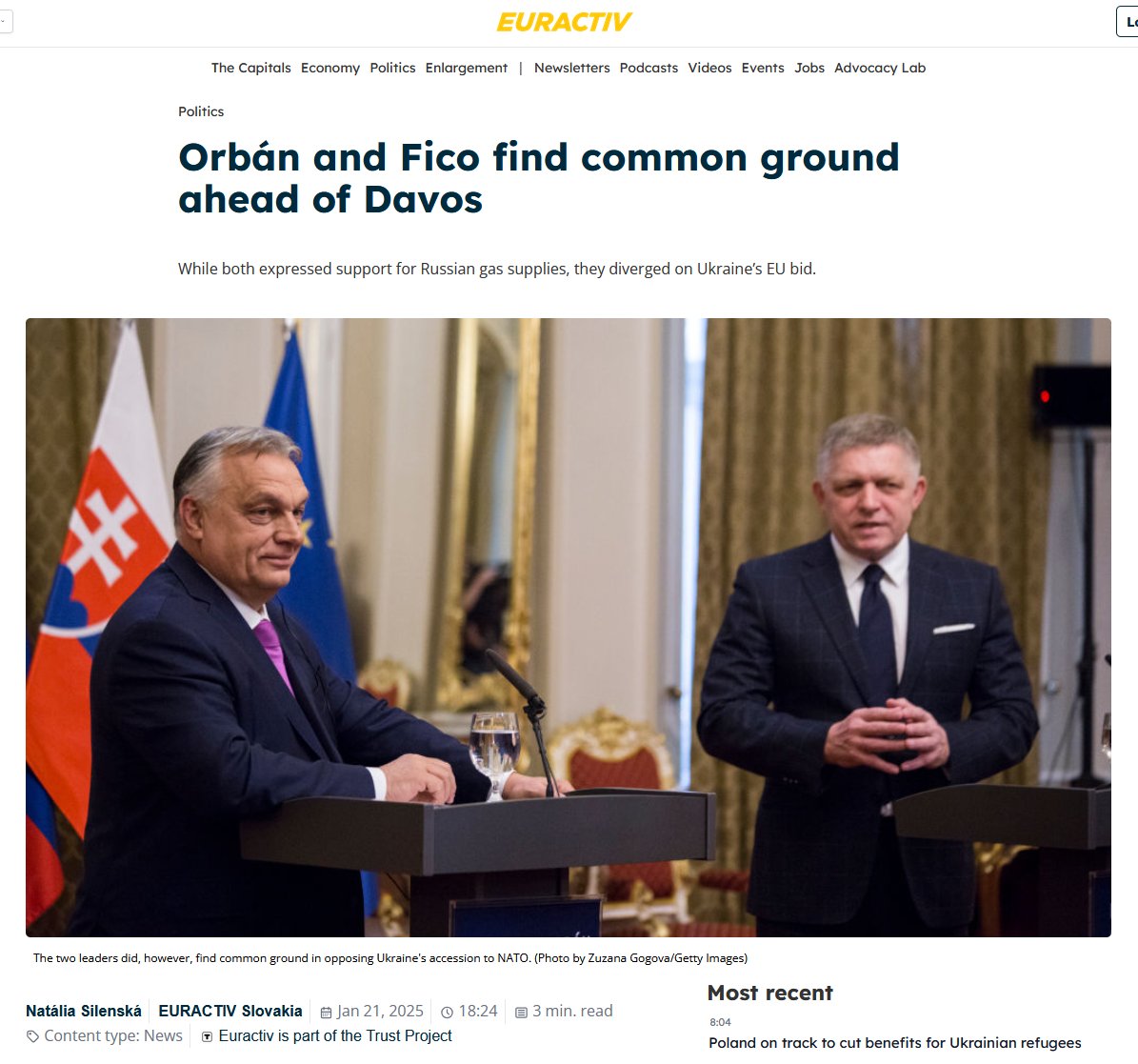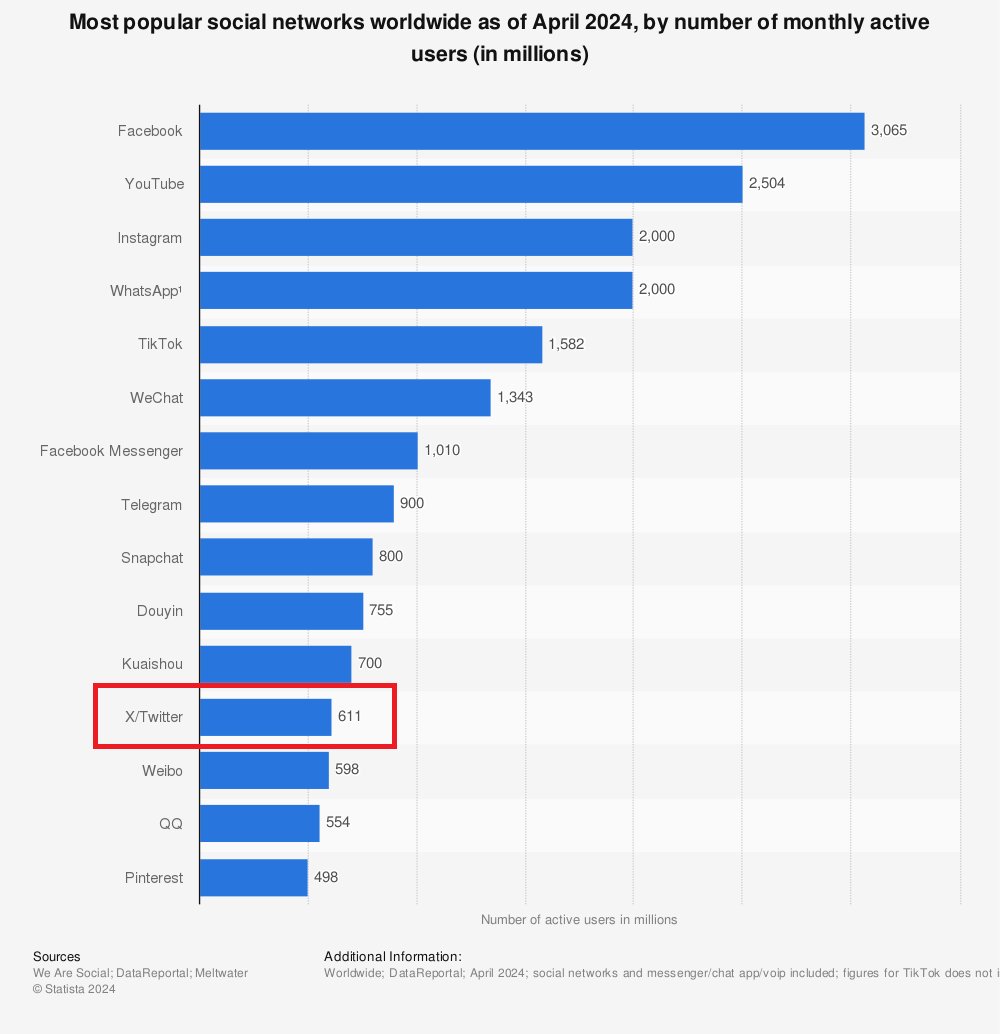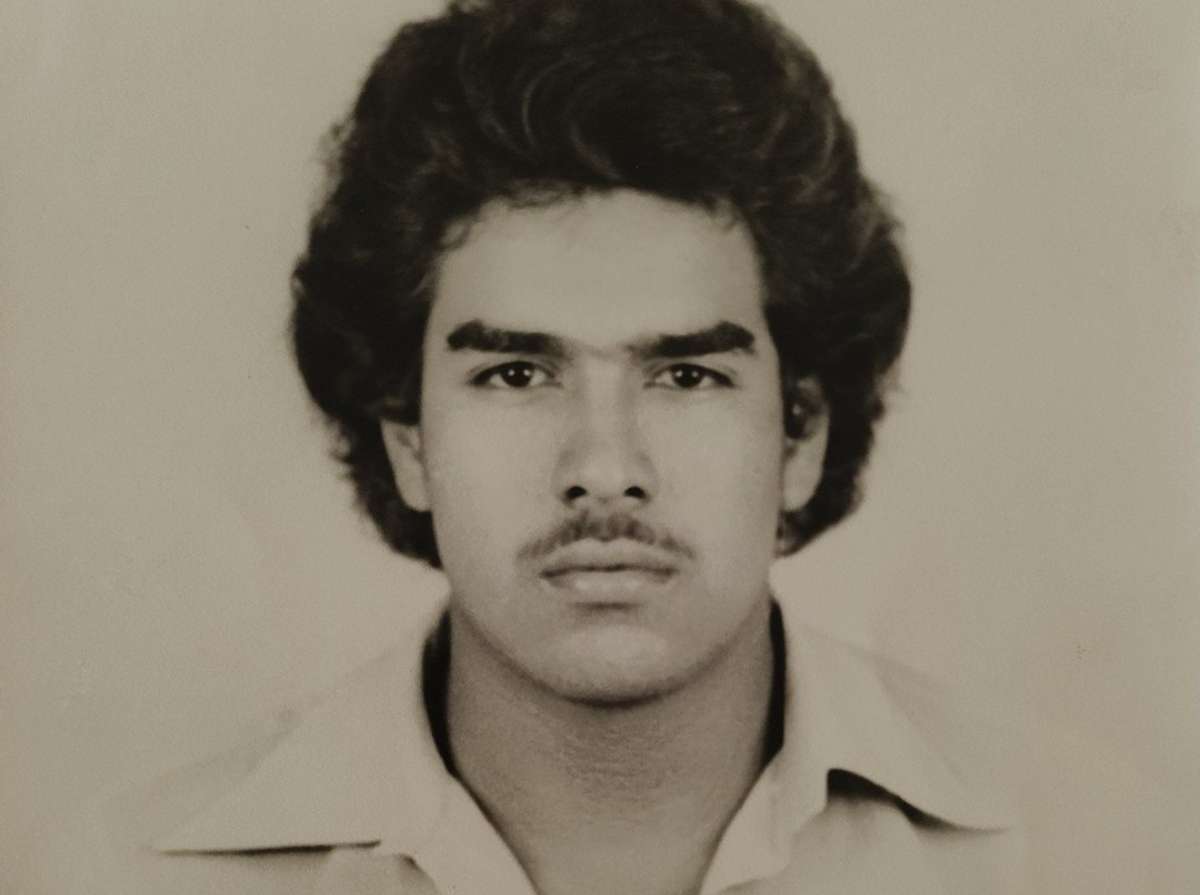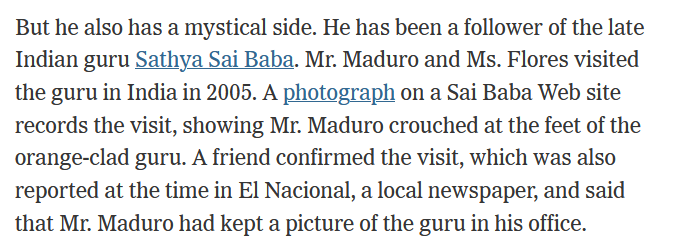In today’s vatnik soup, I’ll discuss how Estonia, Latvia & Lithuania cut the cord on Russian energy, further reducing their reliance on the Kremlin.
At the same time, the Baltics set an example for EU countries like Slovakia & Hungary whose leadership still worships Putin.
1/24
At the same time, the Baltics set an example for EU countries like Slovakia & Hungary whose leadership still worships Putin.
1/24

Moscow has long used its vast natural gas reserves as a geopolitical weapon, manipulating energy supplies to keep neighbors obedient. They’ve used the “energy weapon” several times, with the most blatant cases of Kremlin blackmail coming of course from Ukraine.
2/24
2/24

Let’s rewind back to the 1990s: The USSR dissolved, but Russia inherited the gas reserves, pipelines, and Gazprom — its political weapon. Meanwhile, the Baltic states were politically free but economically tied to Russia, heavily reliant on Russian gas.
3/24
3/24

And Moscow was not afraid to use this weapon. A turn of the valve in Moscow could plunge Riga, Tallinn, or Vilnius into cold and darkness. In 2004, after Lithuania joined NATO and the EU, Gazprom quickly punished the country by raising gas prices by 40%.
4/24
4/24

This strategy was straight out of the Kremlin’s playbook: use gas to intimidate, pressure and punish its neighbors. Ukraine felt it in 2006 & 2009 when Russia cut off their gas supply during disputes. But for the Baltic states, the tipping point came in 2014.
5/24
5/24

In 2014, Russia annexed Crimea and invaded eastern Ukraine. Suddenly, Russian gas wasn’t just a commodity — it was a weapon. The Baltics realized they needed energy independence, and over the next decade, they made the impossible possible.
6/24
6/24

Lithuania was the first to act. In 2014, they opened a floating LNG terminal aptly named “Independence”. It allowed the country to import gas globally, breaking Gazprom’s monopoly. Lithuania’s dependence on Russian gas quickly dropped from 100% to nearly 0%.
7/24
7/24

Following this, Estonia partnered with Finland to build an LNG terminal in Paldiski and heavily invested in wind power, diversifying its energy sources. Not only did Estonia reduce its reliance on Russian gas, but it also became an EU leader in green energy.
8/24

8/24


Latvia played a key role with their massive underground gas storage facility in Inčukalns, which became a regional hub. By 2021, the Baltics synchronized their electricity grids with Europe’s, cutting ties with Russia entirely.
9/24

9/24


In 2008, the EU launched the Baltic Energy Market Interconnection Plan (BEMIP) to integrate the Baltics into Europe’s energy market. With EU funding, they built infrastructure like LNG terminals. If the Baltics could break free, so could the rest of Europe.
10/24
10/24

Of course, the Kremlin didn’t take this very well. They retaliated with propaganda, cyberattacks and economic pressure. When Lithuania opened its LNG terminal, Russian media mocked it.
When Estonia diversified its grid, Russian hackers attacked their whole infrastructure.
11/24
When Estonia diversified its grid, Russian hackers attacked their whole infrastructure.
11/24

Russia tried to undercut the Baltics economically, offering discounted gas to isolate them, but the Baltics had already moved on. This independence came just in time, as Europe’s broader gas problem became glaringly obvious.
12/24
12/24

For decades, the EU relied on Russian gas, deepening its vulnerability. Every new pipeline deal with Gazprom gave the Kremlin more leverage. Their flagship project was of course the Nord Stream pipelines.
13/24

13/24


Nord Stream 1 and 2 ran under the Baltic Sea between Russia and Germany. Critics rightly called Nord Stream 2 a geopolitical Trojan horse bypassing Eastern Europe, deepening Germany’s reliance on Gazprom, and enabling the Kremlin to punish Ukraine.
14/24
14/24

Interesting people were lobbying and consulting on the project: the former Finnish PM, Paavo Lipponen, former Chancellor of Germany, Gerhard Schröder & former East German Stasi officer Matthias Warnig were all making good bank on the pipeline:
15/24
15/24
https://x.com/P_Kallioniemi/status/1642836638257537024
Despite warnings from the Baltics, Poland and the US, Germany insisted Nord Stream 2 was a “commercial” venture. Spoiler: it wasn’t. The pipeline symbolized Europe’s inability to see the bigger geopolitical picture and the rising threat from the Kremlin.
16/24
16/24

Russia’s gas blackmail was clear as early as 2006 and 2009, when Gazprom cut supplies to Ukraine over disputes, plunging parts of Europe into freezing winters. The Baltic countries quickly realized what’s up, but the others clearly didn’t. I mean, it was VERY cheap energy.
17/24
17/24

Countries like Germany doubled down on Russian gas. Hungary cozied up to Putin under Orbán. Italy remained reliant on Gazprom. Meanwhile, Gazprom continued funding Russia’s military aggression against Ukraine.But, again, it was VERY cheap energy.
18/24
18/24
https://x.com/P_Kallioniemi/status/1787437158837399720
Fast forward to October 2023: Robert Fico, a populist with pro-Moscow leanings, returned to power in Slovakia. He criticized EU sanctions on Russia, blamed Brussels for economic woes, and threatened to end military aid to Ukraine.
19/24
19/24
https://x.com/P_Kallioniemi/status/1628005997259239425
Fico’s rhetoric highlights Europe’s divided stance on Russian gas. While the Baltics broke free, countries like Slovakia and Hungary still play into the Kremlin’s hands. This division weakens the EU and funds the Kremlin’s war chest.
20/24
20/24

In 2021 alone, the EU paid Russia 99 billion EUR for fossil fuels, helping bankroll its military aggression — from Crimea in 2014 to the full-scale invasion of Ukraine in 2022. As we can now see, dependency on Russian gas has devastating consequences.
But it’s so CHEAP!
21/24
But it’s so CHEAP!
21/24
The full-scale invasion of Ukraine was a wake-up call for Europe. The EU has made strides to reduce Russian energy dependency, but progress has been slow. Countries like Germany, deeply dependent on Russian energy (and Chinese exports/imports), are scrambling to catch up.
22/24
22/24

But the Baltics proved energy independence is possible. By investing in LNG terminals, diversifying energy sources, and integrating with Europe, they broke free from Russian blackmail. Their story is a call to action for the rest of the world - do it now or suffer later.
23/24
23/24

To conclude: energy independence isn’t just about economics — it’s about sovereignty, security, and geopolitics. The Baltics made their choice. It’s time for the rest of Europe, and the world, to follow suit. Independence is a choice worth making.
24/24
24/24

You can now pre-order the 2nd edition of my book! This updated version, featuring pre-order extras, will be released at the end of February 2025.
Pre-order your copy here:
kleart.eu/webshop/p/vatn…
Pre-order your copy here:
kleart.eu/webshop/p/vatn…
• • •
Missing some Tweet in this thread? You can try to
force a refresh































